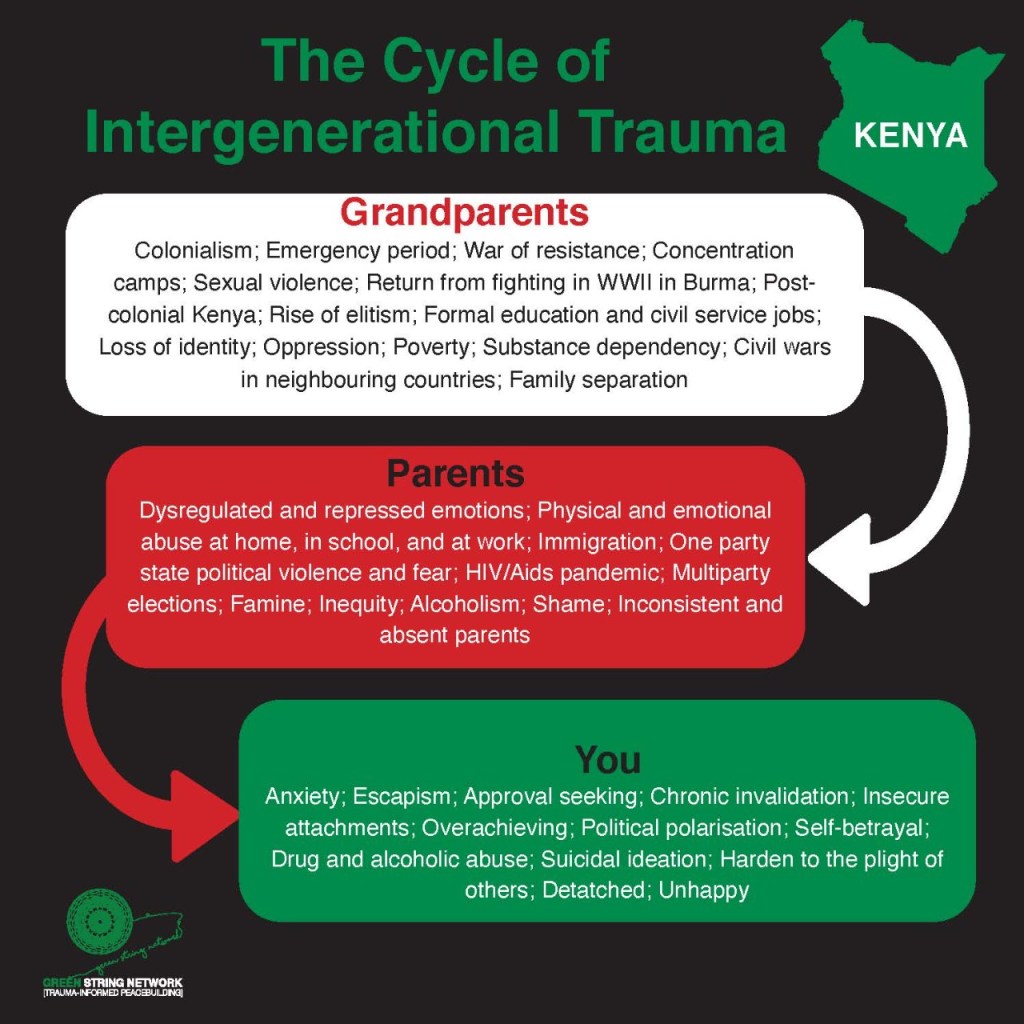
Intergenerational trauma is the psychological and emotional suffering that is passed down from one generation to the next. It can be caused by a range of events, such as war, genocide, abuse, poverty, and more. This trauma can be seen in our behavior today, as it affects our perceptions of relationships and romance.
For example, those who have experienced intergenerational trauma may struggle to maintain healthy relationships due to their heightened sense of fear or mistrust. They may also struggle with feelings of guilt or shame that were passed down. Additionally, those who have inherited trauma from their ancestors may struggle with feelings of worthlessness, shame, or self-blame, which can also negatively impact their relationships.
Societal factors play a key role in perpetuating intergenerational trauma. Factors such as tribalism, sexism, classism, and other forms of discrimination can create an environment where traumatic experiences are more likely to be passed down through generations. Furthermore, these societal factors can also make it difficult for individuals to access resources that may help them cope with their trauma.
This can happen in various ways, such as through genetic encoding, social learning, or cultural transmission. It can manifest itself in physical and psychological symptoms that are experienced by individuals who have been exposed to traumatic events in childhood. This kind of trauma can have a profound effect on individuals’ ability to cope with life’s challenges and form healthy relationships with others.
It is important to recognize how intergenerational trauma can affect our views on romance and relationships so that we can work toward healing ourselves and those around us. The reality is that it did not begin with us. That helps us understand the kind of relational trauma we are living with as a result.
There are ways in which individuals and communities can heal from intergenerational trauma and break the cycle of harm. This includes exploring the use of therapy, community-based interventions, and cultural healing practices. As an individual trauma-focused therapy could be most appropriate to help you understand the symptoms better. It also helps to understand how you can start healing on things such as attachment issues.
On a larger scale, it is important to address the root causes of trauma such as systemic oppression and inequality. For instance, alcoholism is also caused by the general economic status in an environment. It is common for families living in abject poverty to also deal with alcoholism. In such a case, alcoholism may be the result of using alcohol to deal with the pressures of life, navigating tough situations, or mellow down distress after a difficult day.
All in all, this is a call for kindness and compassion as we learn about the intersection of intergenerational trauma and dysfunctional relationships. They are actually deeply interconnected and a legitimate cause of what we are witnessing in society today. As always, the question should be, “what happened to you?” instead of, “What is wrong with you?” We all deserve to live with dignity and build healthy relationships.
Are you ready to uncover the power of love in the face of generational trauma? Bound by Absence of Love by our founder,
ElenaNjeru is a moving story that dissects the devastating effects of alcoholism. Experience the heart-wrenching story of the complexities of love in the face of generational trauma. This book will take you through an emotional journey from survival to redemption and restoration. Buy the book here.